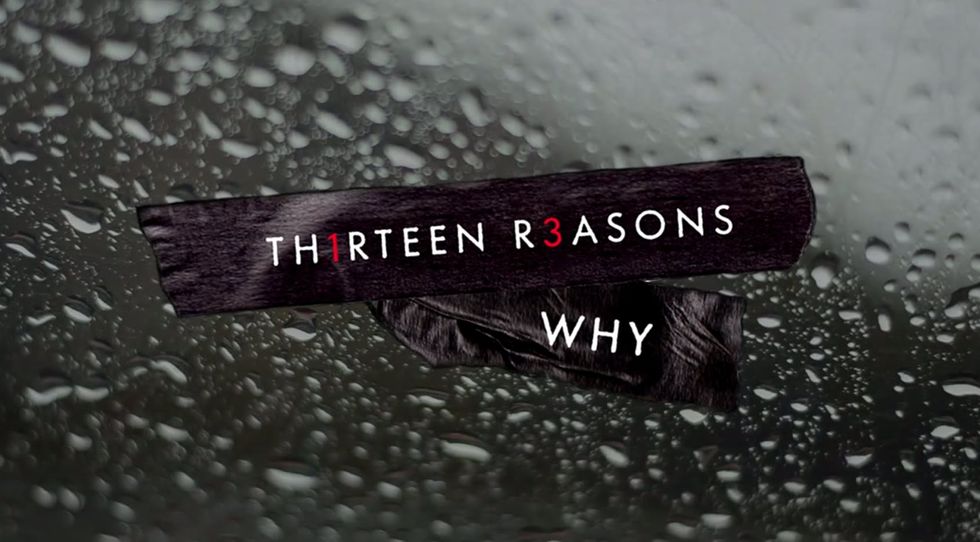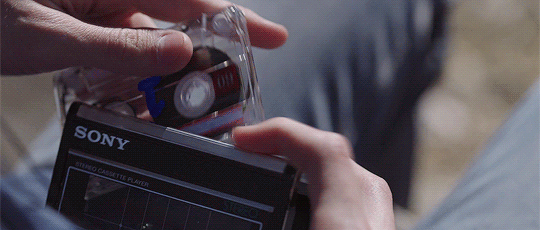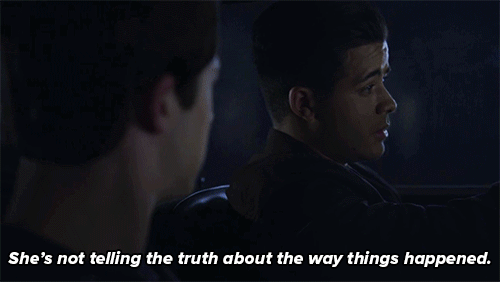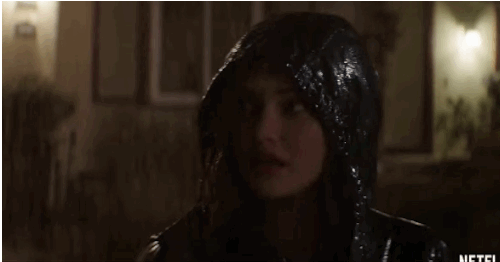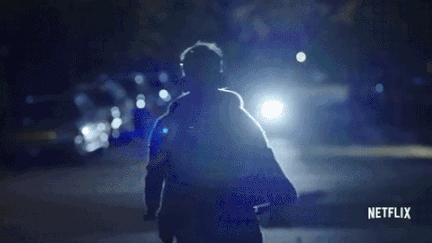It's no secret that since its release on Netflix, the television adaptation of the novel Thirteen Reasons Why has gained a massive fan base. However, for every positive review, there comes a hand full of negative ones. Many people claim the shows discussion and dealing of teen suicide and bullying is too graphic or unreal and misrepresents the teen culture. Having finished all 13 episodes myself, I can say that this is a desperate grasp at a claim which is completely untrue. Much like the show, I plan to be completely raw and honest about what the show's real message is and how it applies to every single generation, as well as why I think Hannah Baker's story is one that should be heard on Walkman everywhere.
The show is centered around Clay Jensen, a 17-year-old who has recently received a set of 13 tapes from Hannah Baker, a girl who recently committed suicide. Throughout the first season, he listens to each tape individually, trying to piece together why Hannah ended her life and enact some justice in her name. The show is no doubt an emotional roller coaster filled with touchy subjects, such as abuse, drug and alcohol addiction, bullying, homophobia, rape and teen suicide. Unfortunately, in today's society, these are both abundant and rarely talked about. The show addresses the real effects that people face when they're affected by such awful things, and I think this is something that everyone needs to see. Being a millennial, I have seen people be bullied and been bullied. I've watched my classmates do and say terrible things to each other without regard to what the effect will be, and witnessed the aftermath of teen suicide due to ignorance and lack of help.
One of the biggest parts of the show, I think, is that it wasn't only her peers that drove Hannah to do what she did, but people who were supposed to be there to help; people who could have done something to significantly change the outcome, blatantly told her to "move on" and "get over it." Adults today don't quite understand our mentality, and I will hopefully be able to help clear it up a bit. Suicide is not what it was 30 years ago; it's an epidemic in our world. It's not just about prevention anymore, it's about recognizing the signs and getting help for those who need it but are too scared to ask. This is why the show isn't just for young adults, but it's reaching to the older and younger generations because we as humans have a problem: we're using our words as weapons against each other.
Knowing the cost of someone's life puts things in perspective, I think. The death of Hannah Baker, while fictional, became real for me as I watched the last years of her life being told through audio tapes. She was a normal teenager going through her last few years of high school, dealing with boys, friends, dances, parties and drama. The show never makes any of the teen characters out to be a teen stereotype or an unreal figure. These students all had effects on each other, as teens do, and of course, her life was very rocky. She was an average girl, so when she went forward to get help, of course, her problems were pushed aside because they thought that every student was going through what she was going through. I'm sorry, but if every student goes through the awful things that she went through then there is a serious problem. Nobody wants to talk about the bad experiences because they were difficult, but never acknowledging them makes it worse. This is the problem today. Cases of bullying, abuse, and rape go so unreported because people think it's a joke.
"She consented at first"
"She can't take a joke"
"I was only kidding"
"It wasn't for real"
It's all too real, and people are ignoring it. One of the hardest scenes for me to watch was the actual suicide of Hannah Baker; it was bloody and sad and made my throat tighten and I thought I was going to throw up, but that's reality. Suicide is not poetic, or peaceful or any kind of beautiful; it is death, a completely preventable one, and it should be seen as such. Teens like to personify suicide as something that just happens, and think everyone self-harms at some point or another, but that's not true. The show doesn't sugarcoat any of the events that take place, it's one of the most real pieces of fiction I've ever seen, and watching it acted out moved me to the point of hysterics. The younger generation needs to know things like this, not necessarily see the graphic details, but understand the effects of bullying and suicide. The future will be a scary place if we continue to ignore or disguise the problems we are having within ourselves.
I personally am a very morbid person and it takes a lot for me to feel uncomfortable or void of reaction, and this show has done just that. I highly recommend this show to any and everyone because knowing what I know now, I feel changed. Any one of the 13 people on Hannah Baker's tapes could have helped her. Knowing that makes me sad, and I feel heavier but in a good way, like I'm closer to the Earth and reality and what I should be seeing in the people I love to make sure they are okay. Prevention, intervention, and acknowledgment is important in these situations.
Nobody says it better than Hannah Baker herself, "You don’t know what goes on in anyone’s life but your own. And when you mess with one part of a person’s life, you’re not messing with just that part. Unfortunately, you can’t be that precise and selective. When you mess with one part of a person’s life, you’re messing with their entire life. Everything affects...everything"

